Support Resources
This page offers guidance on a variety of NF related issues.
Family Planning
Visible Difference Support from Centre for Appearance Research
Visible Difference Support from Changing Faces
Accessibility Software
Insurance
Kidz to Adultz Magazine
Getting to know your computer and the internet
Visible Difference Support from Centre for Appearance Research
- ACT It Out
- The Visible Difference Parenting Toolkit
- Teacher Toolkit
- Everybody's Different
- More than my appearance
Visible Difference Support from Changing Faces
Family Planning
In vitro fertilisation (IVF) is one of several techniques available to help people with fertility problems have a baby.
Preimplantation Genetic Diagnosis (PGD) is a type of IVF which aims to avoid passing on a genetic condition. Embryos are created outside of the body and tested; embryos not affected are then placed back into the womb, in the hope a pregnancy occurs. If you would like to discuss this topic further, in the first instance please contact your GP and ask for a referral to your local Clinical Genetics Unit or a local genetic counsellor.
You can find further information on PGD at Guy’s and St Thomas website.
The Birmingham Women’s and Children’s Hospital also have a really informative leaflet.
We advise seeing a local genetic counsellor to discuss this in the first instance.
Elena, who has NF1, and her husband Nick share their story about using PGD: https://nervetumours.org.uk/news/planning-for-a-family-elena-nicks-story
Visible Difference Support from Centre for Appearance Research
We have included a few of the resources from the new website Visible Difference Support Hub, developed by CAR, offering evidence-based support for people whose lives are impacted by a visible difference.
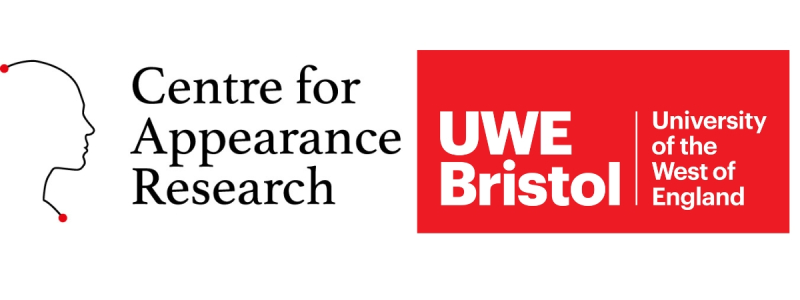
ACT It Out

This app, for people age 16+, helps build skills to navigate psychological and social challenges associated with your appearance. 6 x 30min skills sessions.
Nerve Tumours UK was among the charities who contributed to developing the Act it Out app by helping to workshop the original plans, and people with NF1 were directly involved by testing the prototype version. Because of their input, the app considers the experiences of people living with NF1, as well as other conditions or injuries that can affect how a person looks.
The Visible Difference Parenting Toolkit

An e-book designed to help parents and carers of children with visible differences of any kind. It offers practical advice on how to support your child and take care of your own wellbeing.
Teacher Toolkit

Support guide for school staff promoting acceptance and diversity – guidance on use of appropriate language, responding to appearance-based bullying and addressing children’s questions.
More than my appearance

A writing programme for adults with a visible difference, to help focus on the things that your body can do, rather than how it looks.
Visible Difference Support from Changing Faces
In this section, you will find useful resources from Changing Faces, a UK charity providing advice, services and support to people with a scar, mark or condition on their face or body that makes them look different.
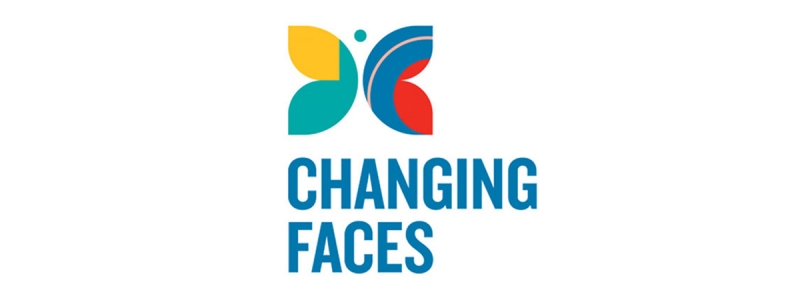
Video Calling
Video calling can be a great way to stay connected, but there are many reasons people may find it challenging – especially if you have a visible difference. If you do, you’re not alone. The COVID-19 pandemic prompted a surge in the use of video-calling software such as Zoom and Teams, with many people having to suddenly adjust to using the software for work and for socialising well.
Here are some thoughts on how to manage worries and concerns when video-calling. It may be helpful for you, if you are:
- somebody with a mark, scar or condition affecting your appearance (visible difference)
- the parent/guardian, teacher, youth worker or employer of somebody with a visible difference
Teacher Training
Teacher Training and CPD materials for training providers
These resources are designed to help providers deliver training to new and experienced teachers on how to better approach and teach about difference.
Teachers have a key role to play in supporting young people with a visible difference. Good teaching practice creates an inclusive environment for students who look different and helps all students to understand and appreciate difference.
Good training equips teachers to do both of these things. Our materials are here to help you, as a teacher training provider, support trainees to better understand strategies for working with students who have a visible difference, as well as the challenges they may face.
Classroom Resources
Classroom and assembly resources to help teachers & youth workers to deliver lessons about visible difference.
Information, discussion and activities can help your pupils explore the ways in which people are different and how to accept these differences.
Our resources are for all schools, whether your institution has pupils with a visible difference or not. By exploring visible difference, we can help to change the negative stereotypes often associated with looking different. By creating inclusive schools, we can create an inclusive society which welcomes and includes everyone and values difference.
Understanding how people with visible differences use social media
For people with visible differences (conditions or injuries that affect appearance) social media can offer valuable support—reducing isolation, sharing information, and helping to build a sense of community.
However, it can also bring challenges, such as cyberbullying and pressure to meet unrealistic appearance standards.
Find out more by downloading recent Research by CAR - Centre of Appearance Research in collaboration with The University of the West of England in Bristol.
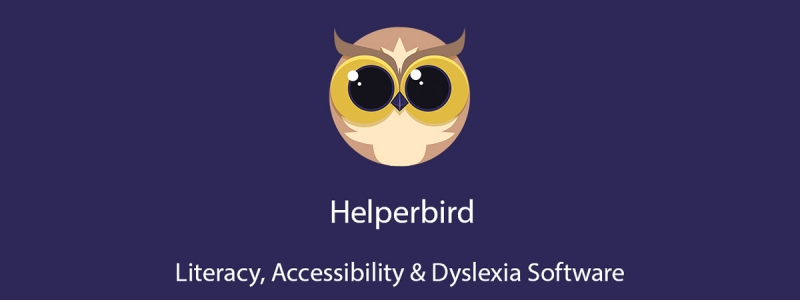
Helperbird offers a range of tools to customize the web to improve accessibility, reading and writing.
Described as a game-changer, whether you are at school, college or at work, this easy to use app would be of benefit to those with dyslexia, ADD, low vision and learning difficulties as it allows you to personalise web pages, PDFs and documents to suit your requirements and your own writing style.
It includes features such as Reading Mode, Immersive Reader, dyslexia support, text-to-speech with natural voices, word prediction, voice typing and more.
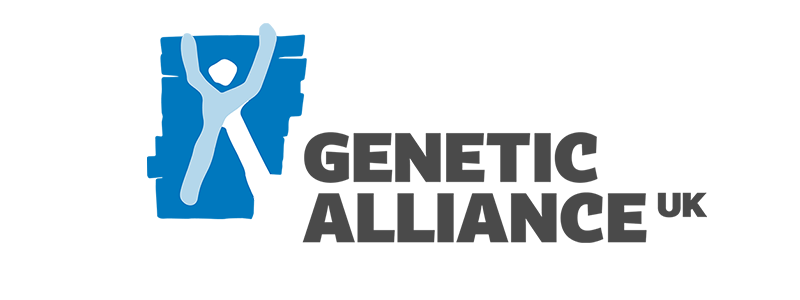
Download ‘Insurance & Genetic Conditions’
The Genetic Alliance have produced this useful document containing advice on getting insurance when you have a genetic condition.
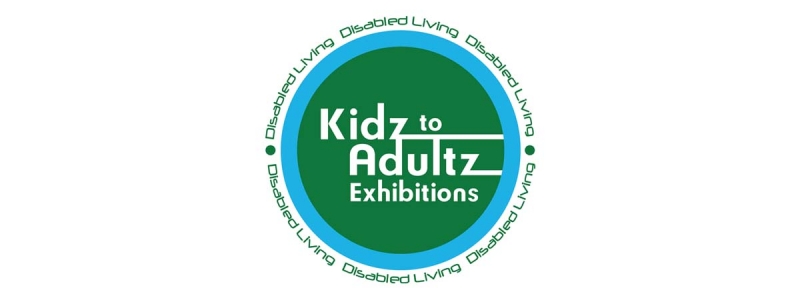
Kidz to Adultz Magazine is designed with young people, parents, carers and professionals in mind.
Every edition is packed with interesting articles, true stories, relevant promotions, advice and more. It's a great way to stay engaged with the Kidz to Adultz community and keep up to date with the latest conversations around children and young people living with disabilities.
View all previous editions and sign up

Getting to know your laptop or desktop computer
A laptop or desktop computer can be a great way to access the online world. This guide will show you the basics, how to make your new device work for you, and build your confidence with using it.
Getting to know your smartphone or tablet
Learn how to use a touch screen and understand the key functions of a smartphone or tablet.
Getting started using the internet
When you access the internet do you find yourself getting overwhelmed? What does this button do? What does that icon mean? Find out how to connect to the internet in your home and how to search the internet.
Making the most of online GP services
This downloadable guide will show you how to register with your GP and book appointments online. It will also take you through the other useful ways you can use your GP’s website for day-to-day tasks, such as ordering a repeat prescription or looking up your health records.
Using the NHS app
When it comes to staying on top of your health, the NHS App could be a vital tool for you. It’s a simple and secure way to access a range of NHS services via a smartphone or tablet. Download the guide .



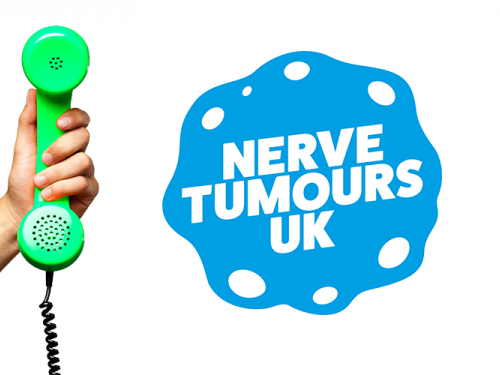

_6_500_375_s_c1.jpg)
